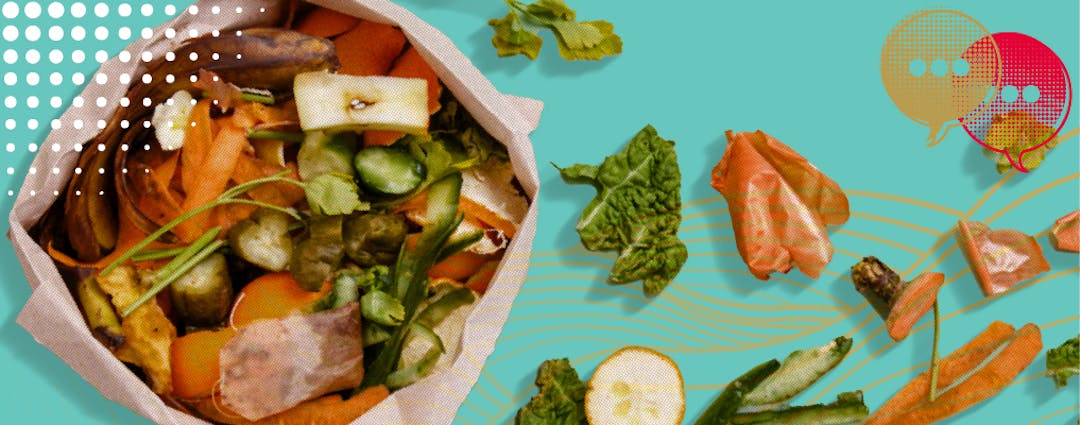Food and green waste collection on the West Coast
Consultation has concluded

Central government announced in May 2023 that by 2030, all district and city councils must collect food waste (or combined food and green waste) for households in urban areas with a population of over 1,000.
This will apply to Westport, Reefton, Greymouth, and Hokitika, but Runanga and Carters Beach may also be included.
The three West Coast District Councils have joined forces with Development West Coast and the Ministry for the Environment to explore the topic and frame up options for how food and green waste collection and processing could work in urban centres from 2030 onwards.
West Coasters were encouraged to participate in the region-wide food and green waste survey in July 2024 to understand people's current attitudes and behaviours.
What did the community tell us?
We received 478 survey responses from people living across the three West Coast Districts. Two hundred sixty-six responses were from people living in the Grey District, 122 were from people living in Buller, 87 Westland residents responded, and three did not provide a location.
Key findings from the survey were:
- Over 91% of respondents value sound waste management.
- 43% manage food waste through home composting or worm farming, with 31% disposing of their food waste in general rubbish, and 18% feeding it to animals.
- For green waste, home composting is the most common method (37%), followed by disposal in household rubbish (21%) and disposal at facilities (20%).
- Over 66% would consider a council food waste collection service, and over 78% would consider a garden waste service.
- 71% of the respondents would not be willing to pay for a food waste and green waste collection service
- There is considerable support for community schemes that may offer more cost-effective solutions.
These insights will guide the West Coast Councils in determining the best approach for kerbside collection of food scraps and green waste, including feasibility studies for delivery options and the ideal bin sizes and collection frequencies.
The survey results are available in the Community Survey Report Organics waste management attitudes and behaviours.
